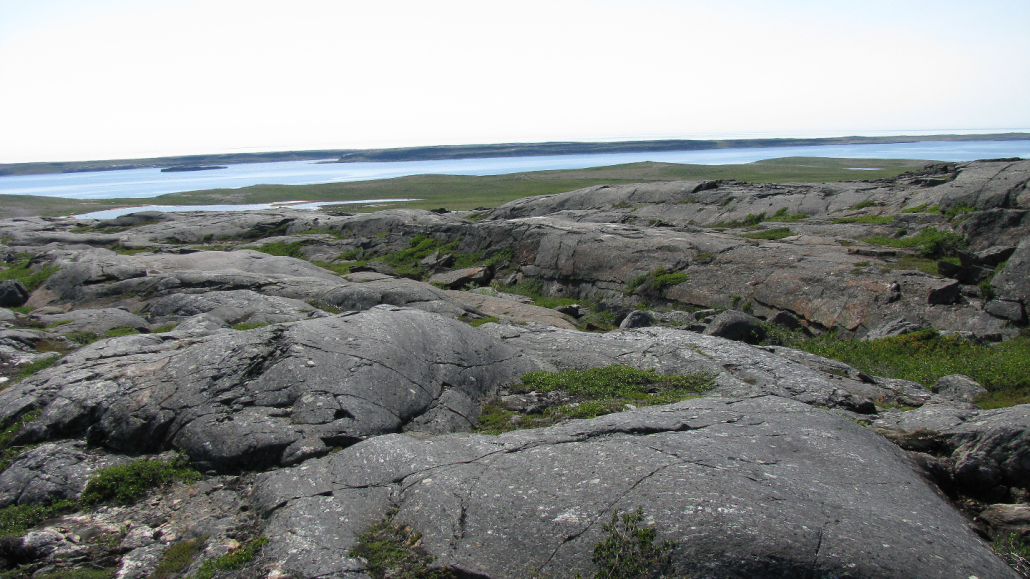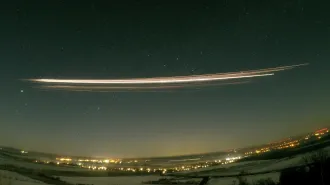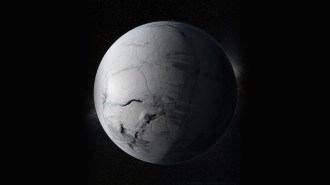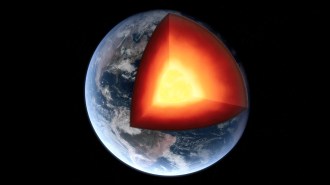50 years ago, scientists thought they had found Earth’s oldest rocks
Excerpt from the July 21, 1973 issue of Science News

The oldest known rock on Earth, dating to about 200 million years after the planet formed, lies within bedrock in northeastern Canada (shown).
Jonathan O'Neil/NSF







